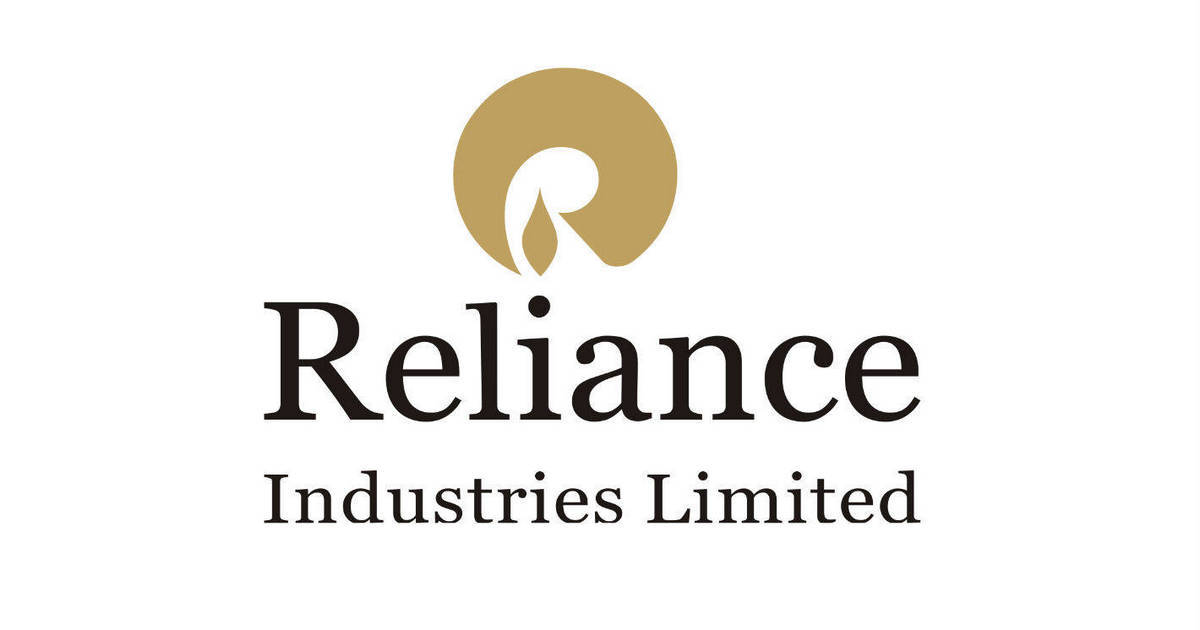
“Reliance Industries has also set up a dedicated 100-bed centre in Mumbai and donated Rs 5,00,00,000 to Maharashtra Chief Minister’s Relief Fund”
The Coronavirus pandemic has been ravaging many parts of the world forcing businesses and workplaces to shut down until the situation has calmed down. With India announcing a 21-day lockdown, big companies are finding out ways to ensure that the lower-paid employees do not feel the brunt of the government restrictions. Reliance Industry Limited, which employs between 6,00,000 people, is one of the companies that is taking some measures.
Reliance has said in a statement that it will be paying all employees earning less than Rs 30,000, their salary twice a month to mitigate any economic burdens. “For those earning below Rs 30,000 per month, salaries will be paid twice a month to protect their cash flow and mitigate any overwhelming financial burden,” Mukesh Ambani led Reliance Industries said in a statement.
Even if work is not being done or is being halted, Reliance has said that it will continue to pay its employees. Nearly all of Reliance Jio workers have been issued work-from-home directives. Apart from that Reliance has set up a dedicated 100-bed centre in Mumbai and donated Rs 5,00,00,000 to Maharashtra Chief Minister’s Relief Fund.
“RIL has deployed the combined strengths of Reliance Foundation, Reliance Retail, Jio, Reliance Life Sciences, Reliance Industries, and all the 6,00,000 members of the Reliance Family on this action plan against COVID-19,” the company said.
Reliance will also provide free fuel services for all emergency service vehicles used to transport COVID-19 patients to and from quarantine facilities. Reliance Retail services will remain open during the lockdown. Essentials like staples, fruits and vegetables, bread, breakfast cereals and other items of daily use will be available in more 700 Reliance Retail across the country. Many more companies are expected to act on this directive to reduce economical strain on the country’s lower and middle-class workers.











